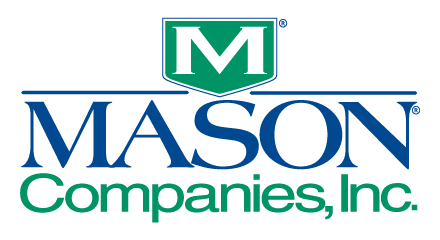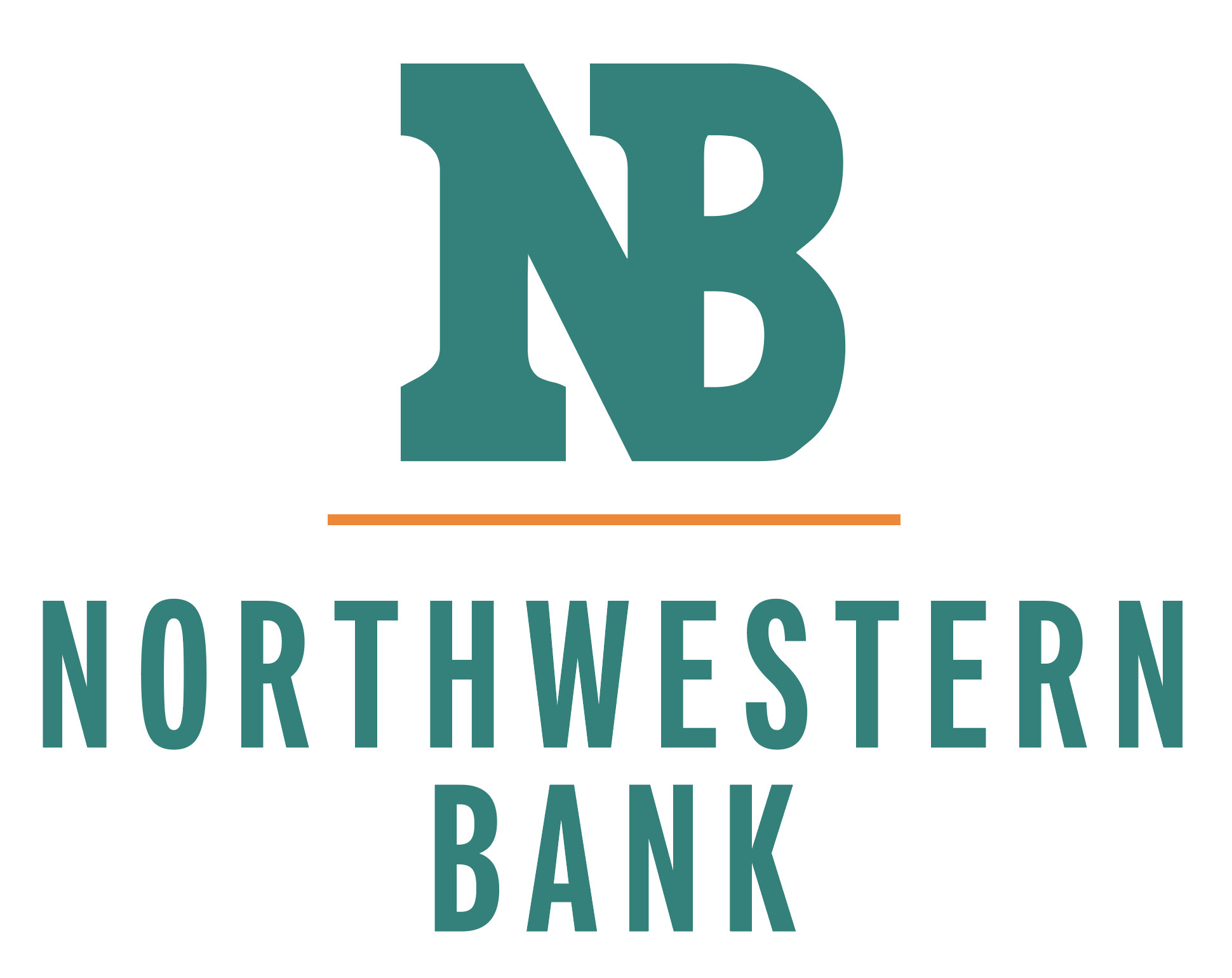Double-Barrelled Strategy
Chippewa County Economic Development Corporation balances attracting outside investment, growing and gardening existing businesses
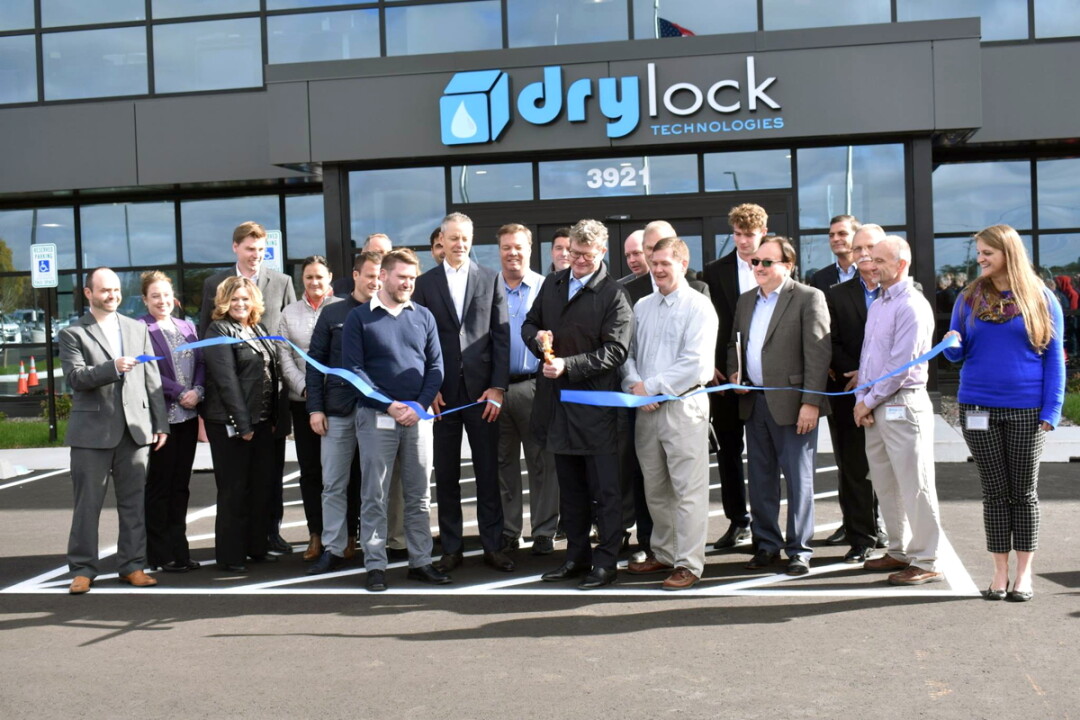
Economic development programs can sometimes be described as a shotgun approach: spreading your efforts as far and wide as possible in an attempt to stir up positive economic activity.
Charlie Walker, president and CEO of the Chippewa County Economic Development Corporation, said his agency prefers a different kind of shotgun strategy.
“It’s a good ol’ double-barrel approach: Continuing to work on the sense of place and continuing to bring people and capital here,” he said.
Ensuring Chippewa County is a good place to work, live, and play is a critical component of 21st century economic development. Long gone are the days of simply chasing smokestacks and luring employers alone. Today, like communities nationwide, Chippewa County is attempting to cater to workers themselves.
“Talent goes with quality of place,” Walker said. “It’s no longer just about being close to your market, it’s about being where your talent, your workforce wants to be.”
And many workers want to be in a place like Chippewa County: Unlike many counties in the Midwest, Chippewa County continues to gain population. “We live in an area where it’s fun and enjoyable,” Walker said, noting that public investments have been directed into parks, trails, and other amenities in order to make the Valley a good place to live. “Way before that became a popular trend in the economic development arena, the Chippewa Valley knew that.”
BUILDING THE FUTURE
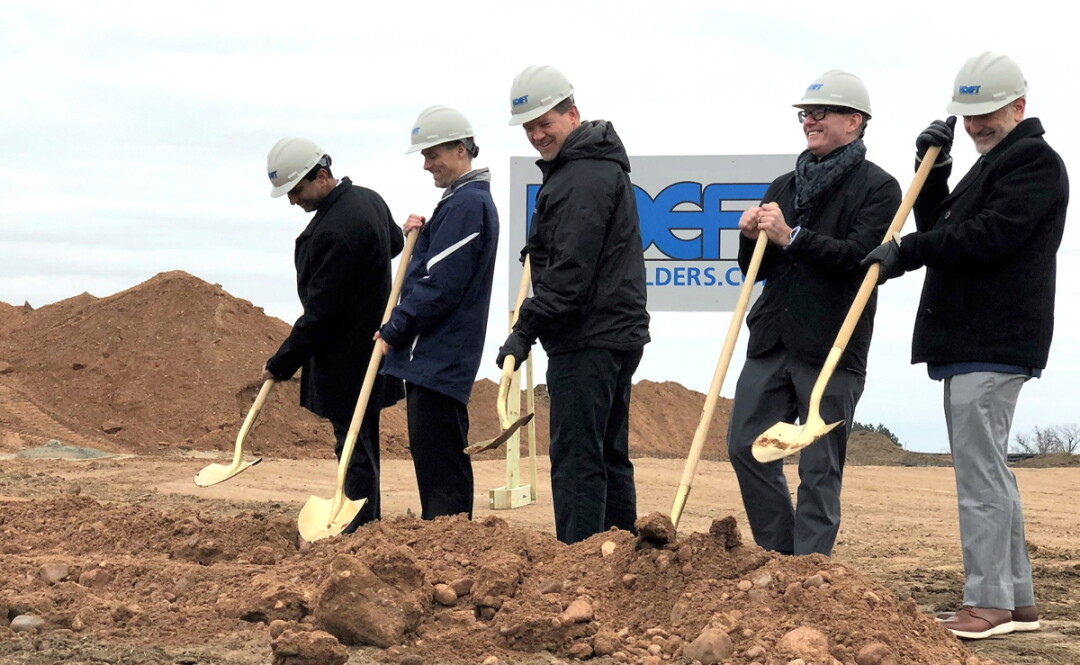
Considering these assets – combined with a strong Wisconsin work ethic – it’s not a surprise that businesses want to locate in Chippewa County. Consider Fleet Farm, which opened a multimillion-dollar distribution center early last year in the Lake Wissota Business Park. When the project began, Walker said, the company projected it would have 320 employees within five years. But after just a year and a half of operation, they already employ over 400 Chippewa Valley residents, Walker noted with pride.
Two other recent projects have involved the expansion of existing businesses. Last fall, Eau Claire-based OakLeaf Clinics broke ground on a $6 million clinic near Lake Wissota. And Nordson Extrusion Dies Industries, which has been in Chippewa Falls since 1971, is in the process of building a new $17 million facility in the Lake Wissota Business Park.
Walker pointed to Chippewa County’s efforts to foster EDI’s growth as representative of 80 percent of what the agency does: helping those existing businesses. In this case, creating a new, modern building will help the firm be more efficient and help retain and recruit. “Lately, you’ve seen companies make major investments in their facilities, putting in health clinics to reduce costs, modernizing and upgrading their equipment, but also doing so to attract talent,” he said. “You’re seeing them redesign their lunch rooms, their work stations. All this is being done in part for talent retention and attraction.”
Other big plans may come to fruition in 2019. “We have three projects that are looking at making major investments in Lake Wissota (Business Park),” Walker said. One of them – dubbed Project 1212 – is poised to build a 125,000-square-foot facility that would improve the efficiency of an existing Chippewa Valley company, Walker said. With luck, details of the proposal will be announced by June 1.
The 150-plus acres Lake Wissota Business Park, which is on Chippewa Falls’ northeast side, is already roughly half occupied and is filling faster than anticipated, Walker said. With an eye to the future, Chippewa County leaders are in the process of exploring where to create the next new state-of-the-art business/industrial park.
BEYOND THE VALLEY
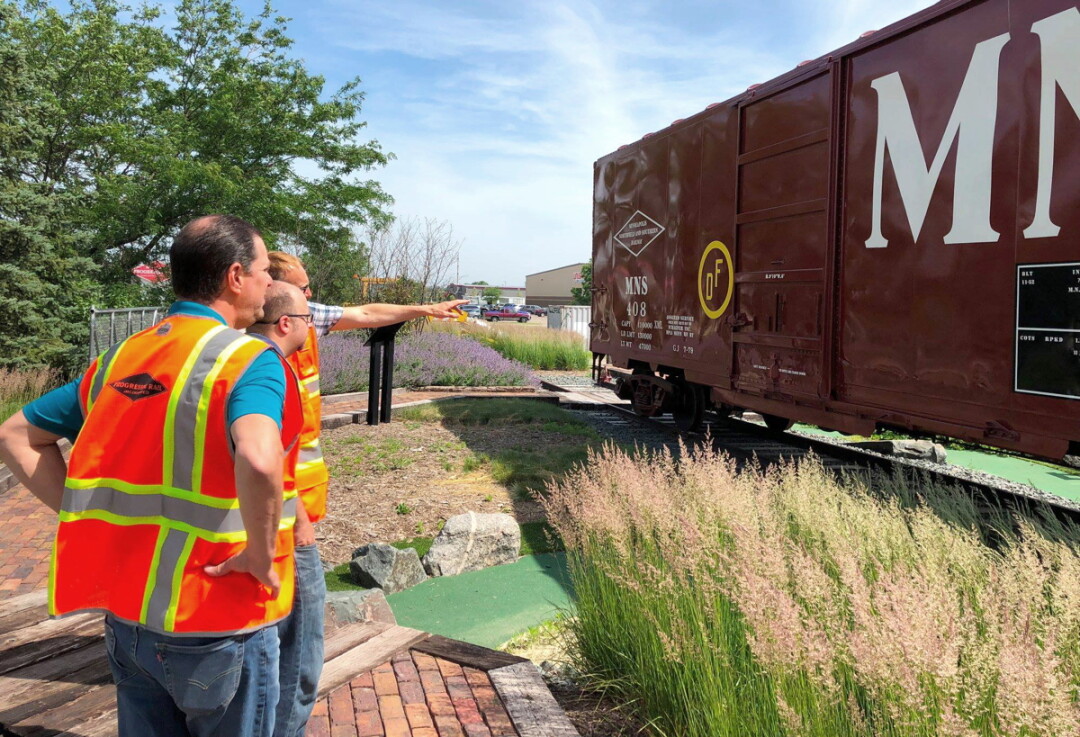
Ensuring a strong economy for Chippewa County requires looking beyond the region for both investment capital and export markets. The Chippewa County Economic Development Corporation is working to do both. The relative strength of the U.S. economy compared with others around the world makes American markets attractive for international investors, and Chippewa County is no exception. “It’s a great opportunity for some existing companies in the Chippewa Valley that are looking at maybe selling or developing their succession plan to look to overseas investors,” Walker said of foreign direct investment. “We’re saying ‘Hey, maybe you might want to look at selling your business to an overseas company that might be wanting to expand or begin to have a United States presence.’ ”
Parts of the Chippewa Valley – including the east side of Chippewa Falls – are also attractive to Opportunity Zone investors. In 2017, the federal government designated certain low-income census tracts as Opportunity Zones, which are eligible for tax-free investment. Walker said his office has already had 20 “significant discussions” with fund managers considering investing in projects in Chippewa Falls’ Opportunity Zone. These investors are looking at projects ranging from multifamily housing to mixed-used facilities, condos, shopping centers, and light manufacturing facilities.
Many of the same factors that make the Valley attractive for investors – a good workforce, the region’s proximity to transportation (via rail, air, and even the Great Lakes and Mississippi River) – also make it an attractive base for export businesses. “We’re pushing hard on our existing businesses to help them explore the advantages of exporting,” Walker said. “As the U.S. economy is the strongest economy right now, it’s a great time for them to diversify their sales portfolio and grow their business by selling products and services abroad.” Last year, the Chippewa County EDC received a $75,000 grant from UW-Oshkosh and the Wisconsin Economic Development Corporation to accelerate exports from our region and to expand and increase local entrepreneurs and business owners’ understanding of trade and exporting, as well as their knowledge of key logistics concepts for exports. The grant is part of an overall state export improvement program effort, which helped Wisconsin exports grow 6.1% last year.
And while trade with Asia has taken a hit recently, Walker is optimistic that regional agricultural products – particularly specialties such as cheese and liquor – can make inroads overseas. In fact, at its May 10 annual meeting, the Chippewa County EDC gave its Exporter of the Year award to Barron County Cheese.
The Chippewa County EDC also has partnered with UW-Stout’s Manufacturing Outreach Center to offer ExporTech, an intense educational program designed to help companies quickly learn the ropes about everything from freight forwarding to exchange rates. The next ExporTech series begins in September.
The Chippewa County EDC also has partnered with UW-Stout’s Manufacturing Outreach Center to further promote ExporTech, the only national export assistance program that offers a structured, yet customizable, process that guides companies through every aspect of export growth. The intense educational program is designed to help companies quickly learn the ropes, and at the completion of the program, each company will have developed its own international growth plan and accelerated its export sales process. The next ExporTech series begins in September.
ALL IN A DAY’S WORK
The work of the Chippewa County EDC’s staff and board members isn’t limited to high-profile groundbreakings and multimillion-dollar investments – it includes the constant work of overseeing programs, meetings, and initiatives that water the economic garden. Consider its peer groups, which connect business leaders to peers who can mentor them. Or the Chippewa County EDC’s networking events. “It’s no longer just ‘Let’s meet,’ ” Walker said of such gatherings. “It’s really intense information sharing. Like, how do we work together to reduce health care benefit costs? How do we improve our supply chain? And what do we need to know about cybersecurity?”
There are also behind-the-scenes efforts that will pay off in the long run: Consider the effort to obtain the Certified Shovel Ready Designation from Xcel Energy for the Lake Wissota Business Park. This designation gives the site a competitive advantage in attracting new or expanding businesses because much of the groundwork of building on a new site – such as zoning and surveying – has already been completed.
As always, the Chippewa County EDC balances fostering existing businesses and attracting new ones. “And what you’re finding is the Chippewa Valley competes very well,” Walker said.

This article was produced in partnership with the Chippewa County Economic Development Corporation. To learn more about the EDC and its programs, look for an enhanced version of this article online at VolumeOne.org/ChippewaFalls, or visit the EDC’s website at chippewa-wi.com. You can also find the Chippewa County EDC on Facebook, Twitter, YouTube, and LinkedIn, or reach them by phone at (715) 723-7150, via email at info@chippewa-wi.com, or in person at 770 Technology Way in Chippewa Falls.
